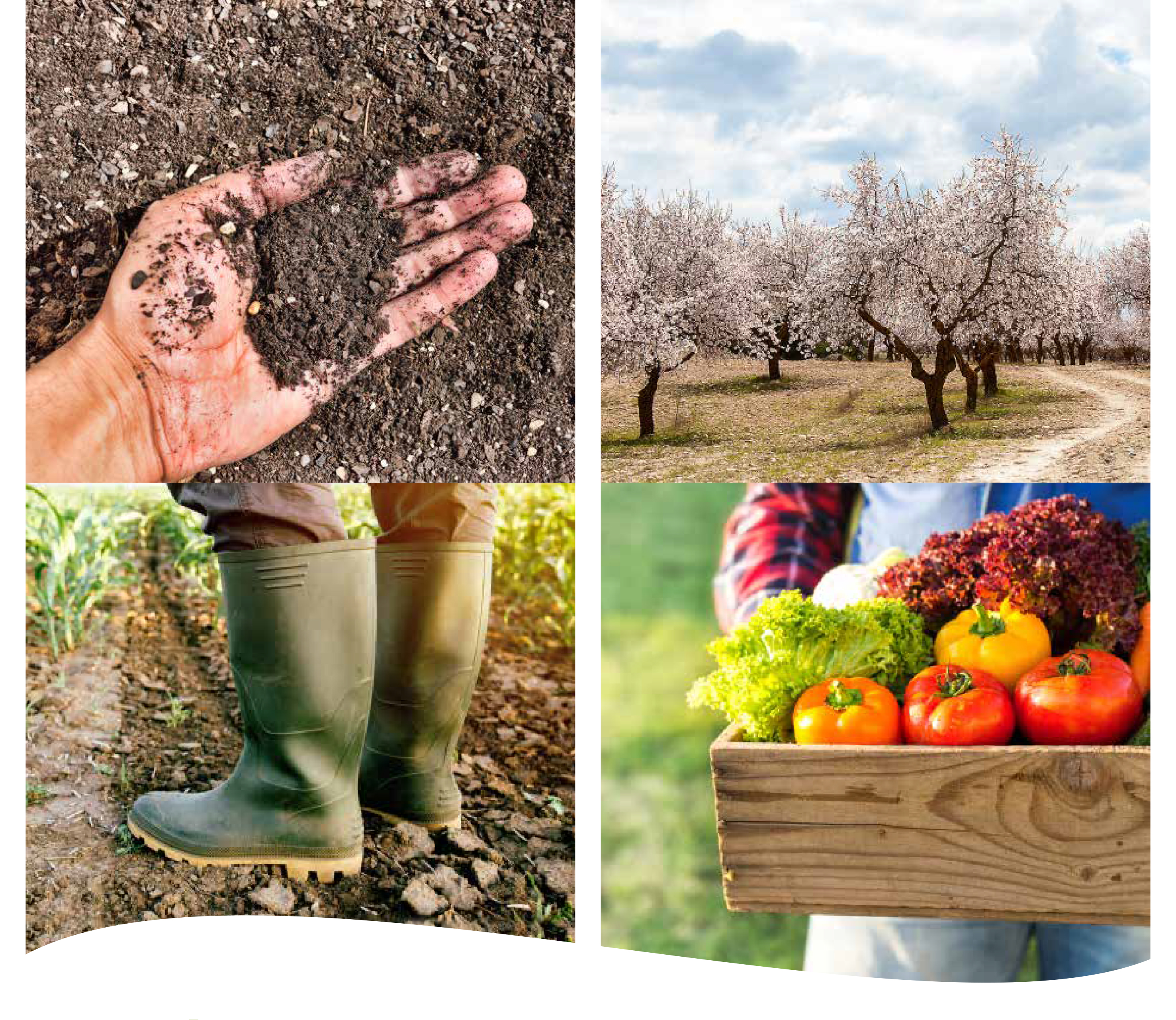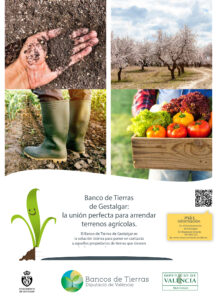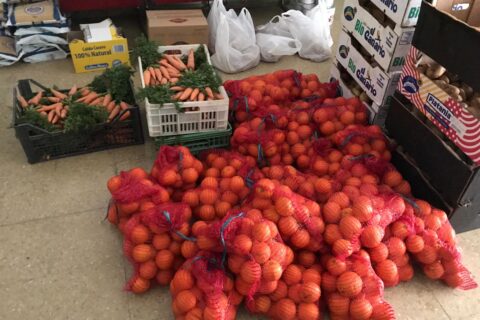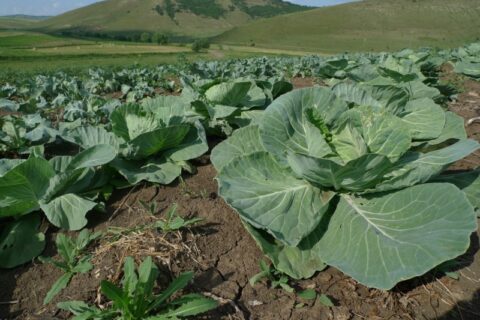
Short description
Name of the initiative? Land Banks
Country Spain
Region Valencia Province
What kind of initiative Farming/production, Landscape, Community
Success factors
Briefly describe what your initiative is about The creation of a municipal administrated website that connects landowners and those interested in land cultivation.
Why did you start it and when? Aging farmers and a decrease in new farmers has led to agricultural land in Valencia Country being abandoned, leaving it at risk of fire, environmental degradation or pest proliferation. In 2015 The Department of the Environment of the Provincial Council piloted Land Banks in three municipalities, not only to protect against abandonment, but generate a positive impact in the environmental, economic and social spheres. The Land Bank website displays available land, and the needs and desires of both the owner and the potential tenant are considered for compatibility – much like a dating site! Once matched, it is up to the owner and tenant to develop a contract, which might include a profit share, produce share, rental payment, or simply a goodwill gesture from the tenant to the owner.
Who did you connect with? The Department of the Environment sent a letter to all the mayors of the municipalities of the province of Valencia about the help that could be provided by the Diputación de Valencia.
How did you establish it? The Diputación de Valencia provided the City Councils of the Valencia province, among others, printed brochures and personalized information posters about the Land Bank.
We designed a computer platform for landowners and potential tenants to register their interest and provided technical assistance and training to municipalities on Land Banks and the web platform. A working group was set up of the different municipalities that wanted to participate, dealing with the various issues related to the development of the Land Bank programme.
We organized a day on the Land Banks in the province of Valencia.
We publicized Land Banks in the province of Valencia in different local, regional and state forums. For example, presentation of technical communications in the National Congress of the Environment (CONAMA).
What enabled collaboration? The Valencian municipalities were interested and willing to carry out actions to fight the abandonment of agricultural land.
What challenges did you face? Were you able to resolve them? How? The biggest challenge has been to get owners to contribute their abandoned agricultural land to the Land Bank so that other people can cultivate it. For this to happen we need to increase the information on the availability of Land Banks and the environmental, social and economic advantages they represent in our society.
What were the lessons learned? Many elderly owners have become attached to their agricultural land and are reluctant to lease it to someone they don’t know. The presence of the Council engenders trust. When necessary the alliance of local and provincial government in Valencia are able act as intermediaries between owners and tenants, and help resolve any potential issues.
A measure of the success of the Land Bank lies in the will of political representatives in the development of the initiative at the municipal level.
There is an appropriate level of management by government – to avoid over-control, but also avoid future conflicts by ensuring good matchmaking between owner and tenant from the beginning.
Land is more attractive to potential tenants if it is gravity irrigated than dependent on more costly groundwater pumping.
What did it change in your life and the life of your community? It’s still very early, but growing fruit trees not only provides food, it also changes the landscape. It makes people want to leave their flat and go out into the public spaces. Some of the older people who planted trees told us they feel utterly abandoned. They don’t have places to meet each other: all the public infrastructure that exists is for young people. By planting these trees with schools, they could share their experiences with the young. They felt included. Though they are getting older, they feel they have invested in these trees that are just starting to grow and will live long after they will.
Developers can’t build and cars can’t park where the trees are planted. It protects the space. Adults can spend time with their children talking about ecological consciousness even though they live in an urban environment. Urban children are no longer alienated from nature.
The city of Chisinau now has 400 more fruitful trees and 600 more fruitful bushes than it did two months ago.
Choose 3-5 key words Farmland, Land Bank, agriculture, land abandonment
Additional information
http://bancdeterres.dival.es/
http://webs.lapobladevallbona.es/bancdeterres/
http://www.dival.es/medio-ambiente/content/portada-bancs-de-terres
—
Repository compiled by: Jose Vicente Ubeda Arévalo
E-mail contact: bancsdeterres@dival.es
IN MEDIA UPLOAD IMAGE:




